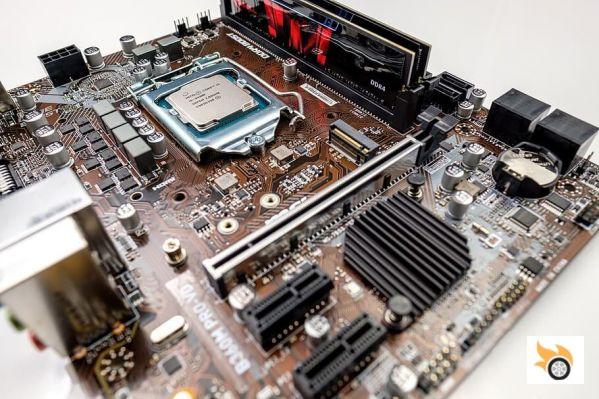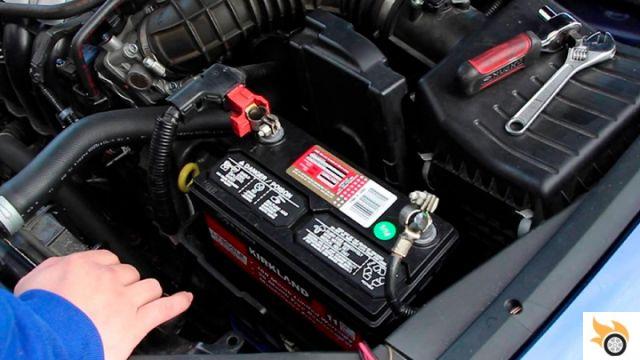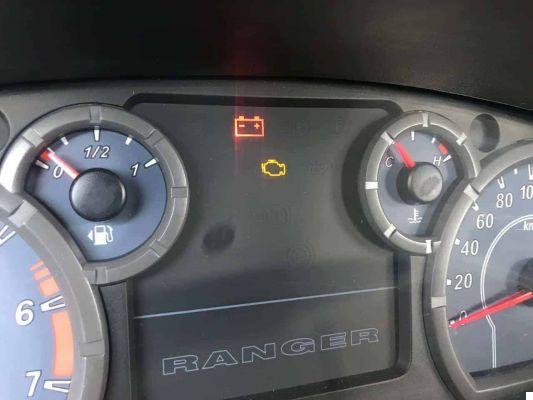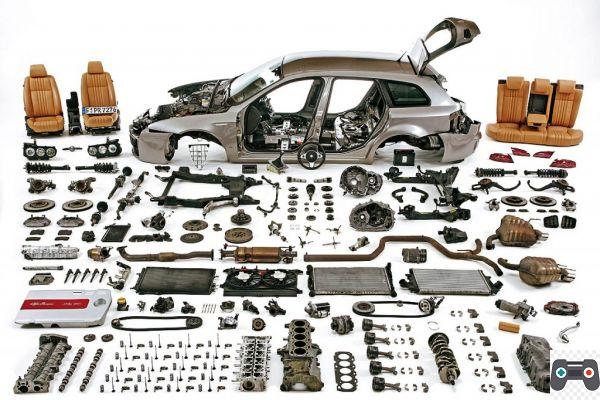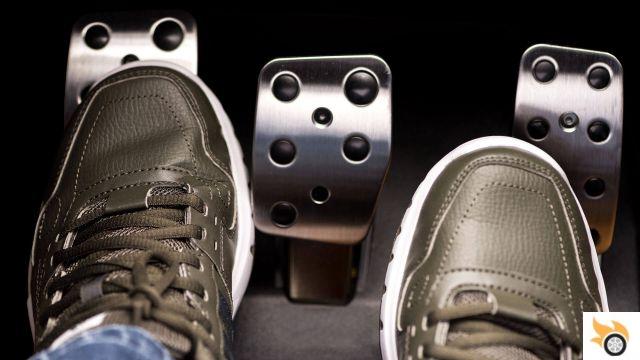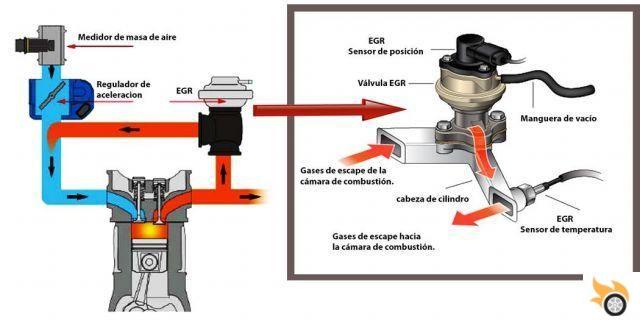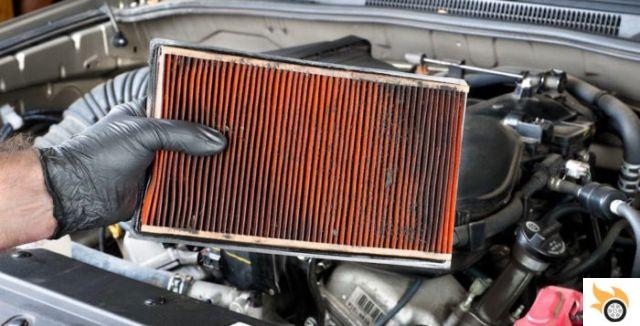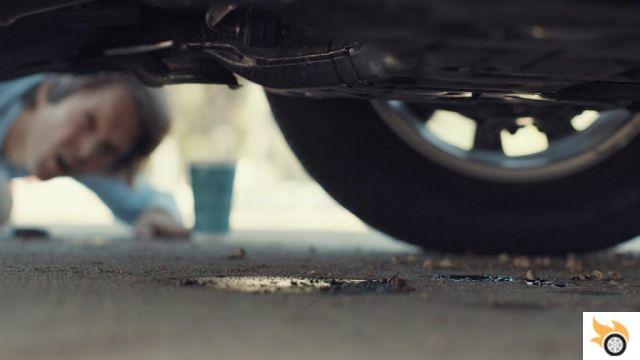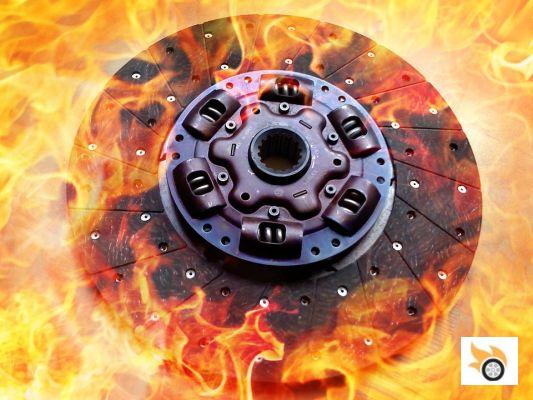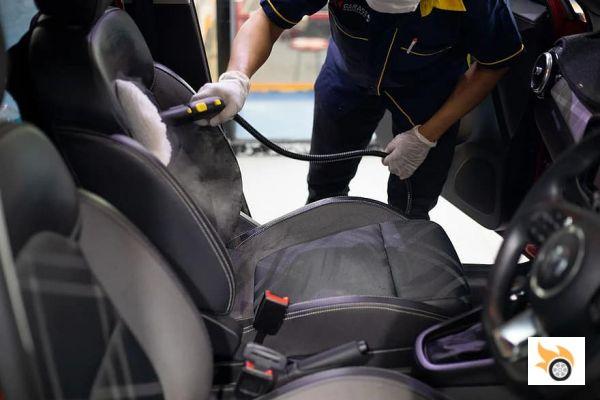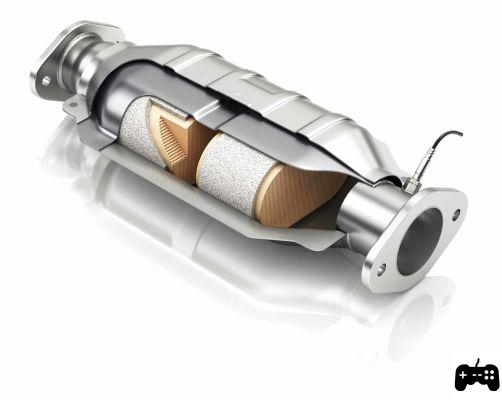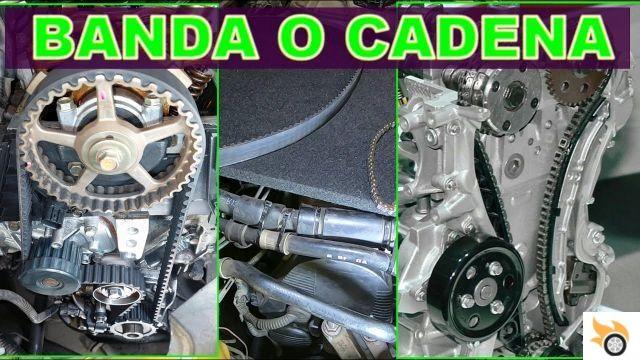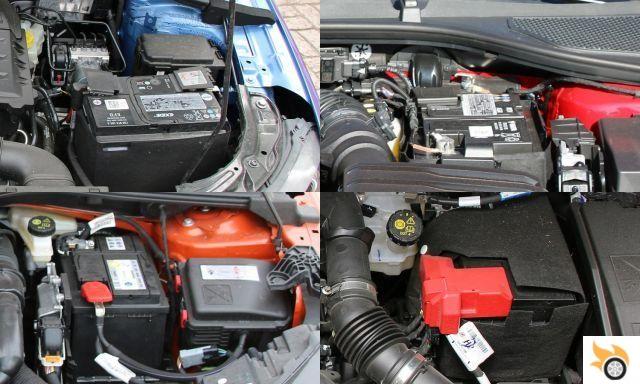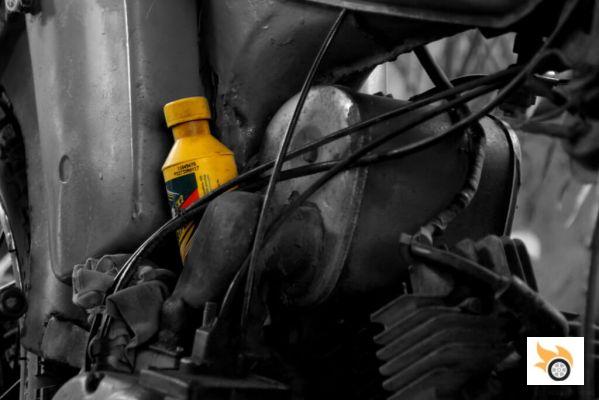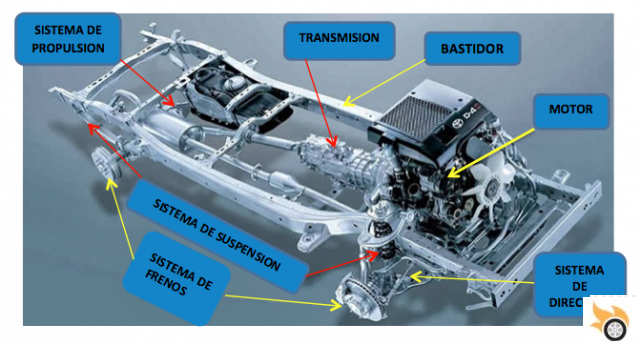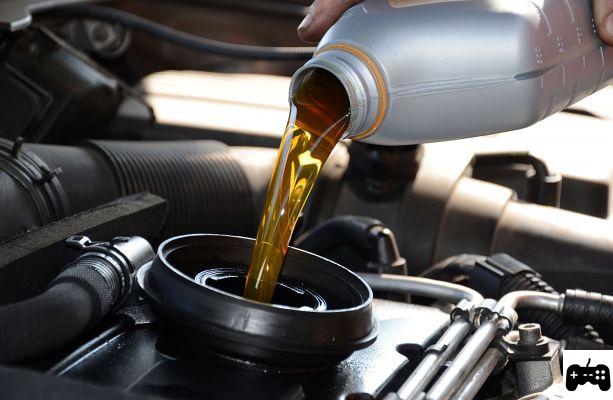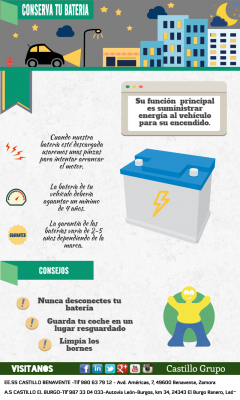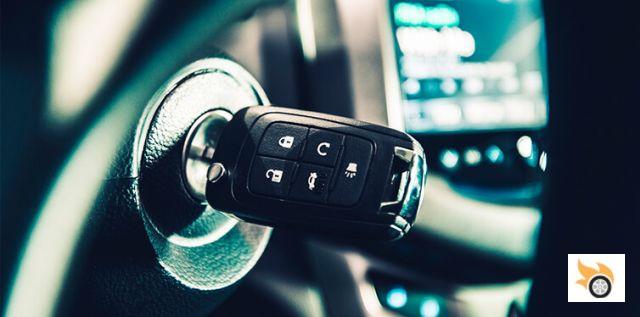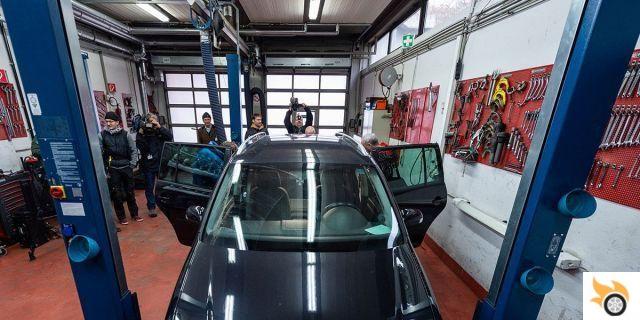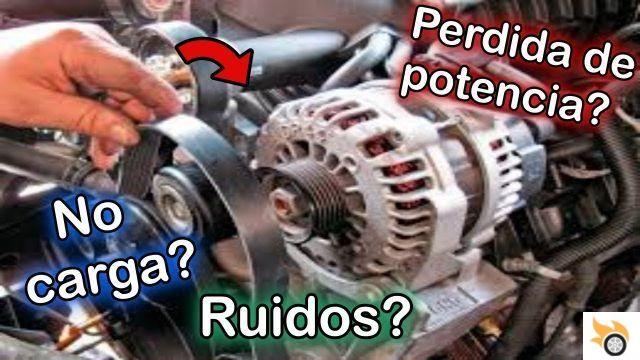
What is an alternator in a car?
The alternator is an essential component of a car's electrical system. Its main function is to convert the mechanical energy of the engine into electrical energy, which is used to charge the vehicle's battery and power the different electrical systems while the engine is running.
Most common alternator failures
The alternator can present various failures throughout its useful life. Some of the more common failures include:
- Battery charging failure: If the car battery is not charging properly, it may be an indication of a problem with the alternator.
- Excessive noise: If you hear a persistent loud noise coming from the alternator, it may be a sign of a worn bearing or a loose pulley.
- Dim lights: If your car's lights turn dim or flicker while you're driving, the alternator may be failing.
- Overheating: A faulty alternator can generate excess heat, which can lead to damage to other vehicle components.
Diagnosis of a bad alternator
If you suspect your car's alternator is failing, there are a few tests you can perform to confirm the diagnosis:
- Voltage test: With a multimeter, you can measure the battery voltage while the engine is running. If the voltage is less than 13.5 volts, the alternator is likely faulty.
- Visual inspection: Check the alternator for signs of wear, such as loose wires, corroded connections, or visible damage to the casing.
- Load test: Connect an ammeter in series with the battery and alternator to measure the current flowing between them. If the current is low or non-existent, the alternator is probably faulty.
Causes of the most common alternator failures
The most common alternator failures can have a number of causes, including:
- Natural Wear: Over time, the internal components of the alternator can wear out and lead to failure.
- Overload: If too many electrical devices are connected at the same time, the alternator can become overloaded and suffer damage.
- Worn Belt: A worn or loose belt can cause the alternator to malfunction or become damaged.
- Failures in other components: Problems with other components of the electrical system, such as the voltage regulator or wiring, can affect the operation of the alternator.
Main faults and solutions of the alternator
In addition to the failures mentioned above, the alternator can present other problems, such as:
- Faulty Voltage Regulator: If the alternator's voltage regulator fails, it can cause an over or under charge in the battery. The solution is to replace the voltage regulator.
- Worn brushes: Brushes are components that come into contact with the alternator rotor to generate electricity. If they are worn, they must be replaced.
- Rotor Problems: If the alternator rotor is damaged, it can create an unstable electrical charge. In this case, it is recommended to replace the rotor.
Frequently Asked Questions (FAQs)
1. How long does an alternator last?
The useful life of an alternator can vary depending on the use and maintenance of the vehicle. In general, it is estimated that an alternator can last between 80,000 and 150,000 kilometers.
2. How much does it cost to repair an alternator?
The cost to repair an alternator can vary depending on the make and model of the car, as well as the severity of the fault. On average, the cost of repair can range from $200 to $500.
3. Can I drive with a faulty alternator?
Driving with a faulty alternator is not recommended as this can cause a complete discharge of the battery and render the vehicle inoperable. Also, a faulty alternator can damage other components of the car's electrical system.
Conclusion
The alternator is an essential component in a car's electrical system. Knowing the most common faults, how to diagnose them, and possible solutions can help you keep your vehicle in good condition and avoid bigger problems. If you suspect your alternator is failing, it's important to run diagnostic tests and, if necessary, seek professional assistance for repair or replacement.
We hope this article has been useful in solving your doubts about the alternator in a car. If you have any additional questions or want to share your experience, feel free to leave a comment below. We will be happy to help you!
Until next time!
The Pistonudos.com team





